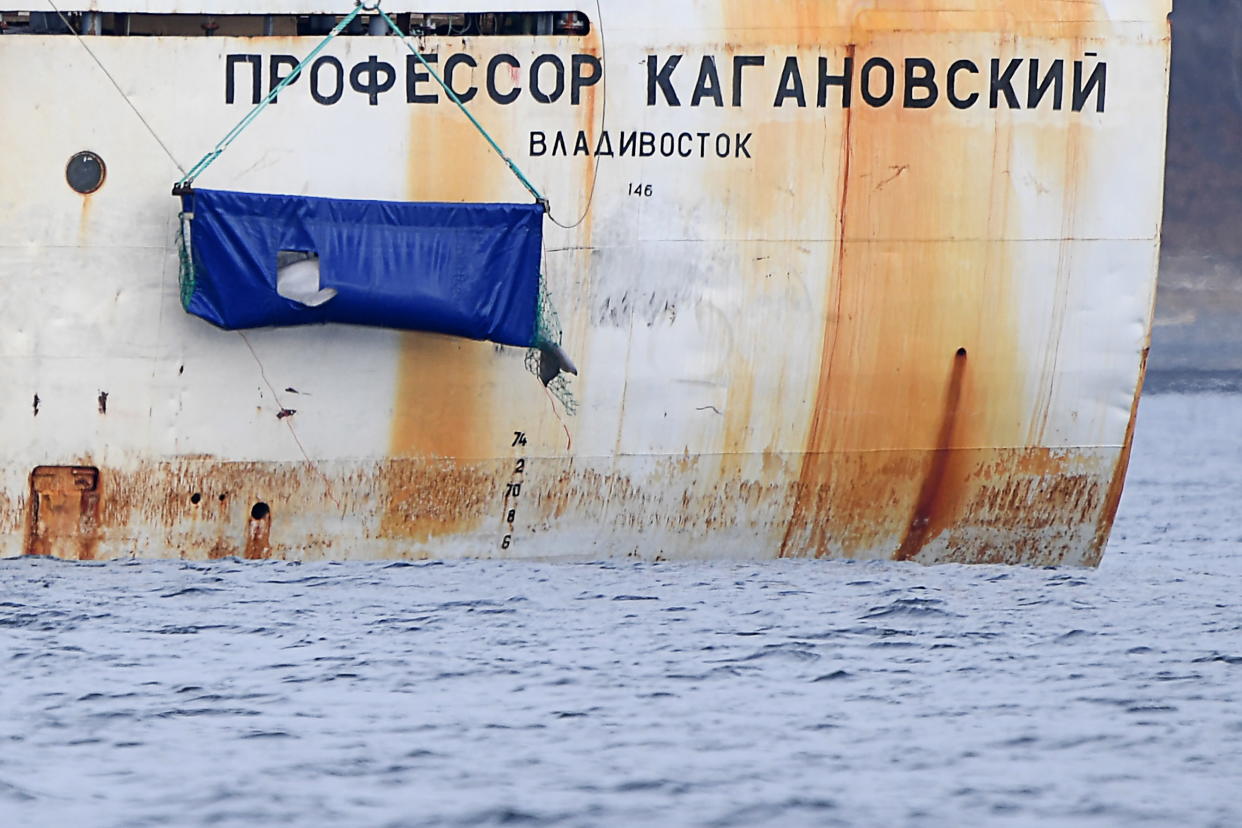Russia releases last of captured whales into the wild

MOSCOW, Nov 10 (Reuters) - Russian authorities said on Sunday they had completed the release of dozens of captured beluga whales whose plight sparked an appeal by Hollywood celebrities and the intervention of President Vladimir Putin.
The mammals, caught last year to be sold to marine parks or aquariums in China, were being kept in cramped conditions in a bay near the Pacific port of Nakhodka along with 11 orcas. Russian media dubbed their enclosures a "whale jail."
"An operation on the release of the sea mammals to their natural habitat in (the region of) Primorye has been completed," the Russian Research Institute for Fisheries and Oceanology said in a statement.
"All the remaining belugas were released in the Bay of Assumption ... on Sunday, Nov. 10," it said, adding that the operation had started five days earlier.
The plight of the orcas, which were being held with 87 beluga whales, triggered an international outcry and celebrities including Leonardo DiCaprio supported a petition that drew nearly 1.5 million signatures calling for their return to the ocean.
The Kremlin had ordered local authorities in the Russian Far East to intervene and officials started releasing them in batches in late June.
The way the animals were released - which saw them transported for six days across 1,800 km (1,100 miles) - had been criticised by Greenpeace and international scientists who have said it had been rushed, was conducted in secret and may have put the animals at risk of dying. (Reporting by Vladimir Soldatkin Editing by Helen Popper)

